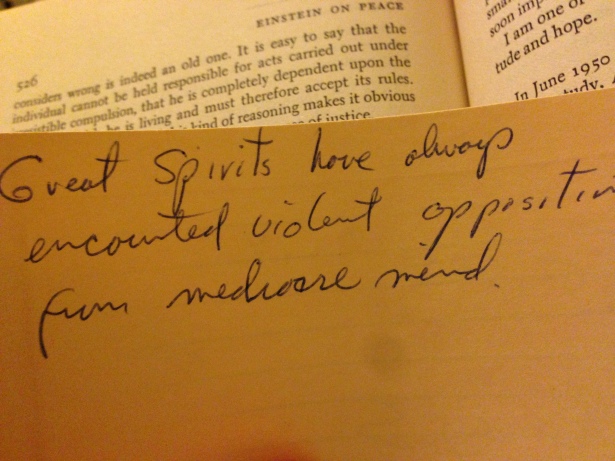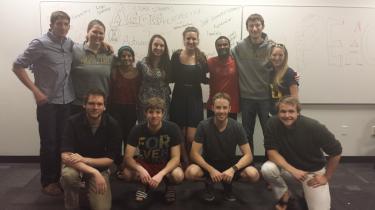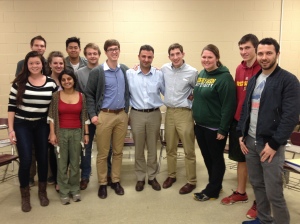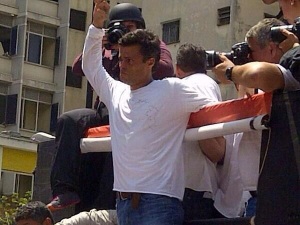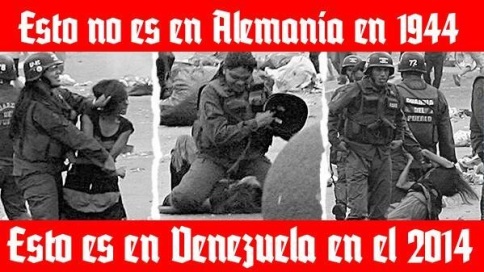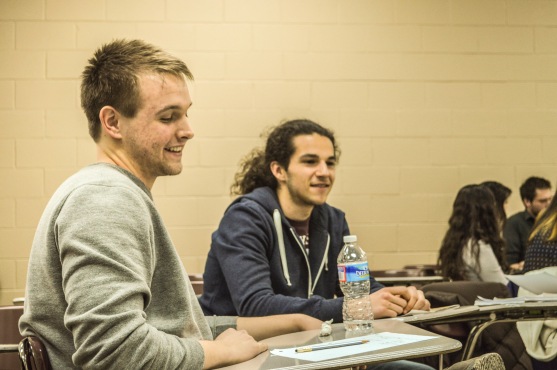We would like to extend that thank you to our returning members. It’s comforting to spend time with those who know they can give their voice and provide their opinions on any number of issues, without fear of backlash. In the process, we’ve all come to know more about each other with every meeting—your way of thinking, your philosophies, your experiences, all of these come across in every discussion, and this is the kind of comfort and security we want all of our new members to take part in.
We began this semester with a discussion on identity. Describing ourselves, our morals, ideals, fears, and personalities can be challenging, especially since we might not have all of the answers yet. It can also be transformative—empowering, even—to recognize parts of yourself that you shied away from, or even denied. That’s the point of getting to know oneself. The peace brought on by personal acknowledgment is one only achievable through such declarations. We learned that we may find ourselves possessing more than one identity, not to fool any one person or group, but to protect ourselves. Sometimes these identities can be managed; sometimes we don’t want them managed, but we maintain them anyway due to circumstances beyond our control. Whatever the reason, we’re never far from someone who can offer a few kind words or well-timed wisdom. Or from someone who just wants to sit with us and talk about something else. We’re never far from someone who makes us feel like we belong.
We then covered the topic of mass shootings and gun violence, in particular. In the wake of the Oregon shooting at Umpqua Community College, we were reminded of the strange phenomenon that never makes us more aware of where we are: a college campus. We tackled gun culture in this country, questioned what is unique about America that allows for this type of crime to continue. We discussed respect, and the lack thereof, for firearms; media culture and desensitization; absent or anemic modes of personal expression that perpetuate loneliness, misunderstandings, and ultimately hate. By the end of the night we had brought in Europe, and by that extension socialism, the problems of capitalism, mental health, media framing, upbringing, education, building our interpersonal relationships, individual psychology, community relations, Israel, and culture. All that from a discussion about gun violence.
Our discussion on feminism was not without scrutiny for the term. We questioned its feasibility if its goal for equality would ever be achieved. We wondered if, perhaps, its identity had gotten too muddled, not by those who did not know what it meant, but by its advocates whose goals were not uniform or clear. We touched on group dynamics and the in-fighting that continuously works against the goals of feminism. There might be a flaw in its language, in the roots of its language; therefore, a better definition or goal might actually require a completely different word. Can feminism stand by itself, on its own merits, or does it always have to stand in relation to men? Is this a bad thing?
Finally, we discussed how each of us handles attacks on our beliefs. These attacks could be confrontational, physically so, or they could happen by way of reading an article or story. Sooner or later, one or all of our beliefs are bound to be disrupted in some way, forcing a re-evaluation of some sort. Maybe even adoption. Or, we could just as easily reject that which doesn’t conform or belong to our established line of thinking. We discussed this idea of lines of thinking, and how we might turn what is an offensive conversation into one of learning. The behavior of others will affect us, some more than others, but who really has the right to denounce the other? Aside from these more introspective thoughts, there are tangible, biological reactions: we might get loud, or our faces might get hot; we could find ourselves easily upset, maybe even have difficulty breathing. There’s an element of conditioning that alleviates these reactions, but sometimes these agitations work in our favor. They inform us that something we believe very strongly in has been attacked, maybe even insulted, and we’re ready to take our high-temper, shaking selves to defend it.
If you managed to read through all of that, thank you. Hopefully, something in there interested you. And if you have yet to be able to attend a meeting, hopefully, something in there is nudging you towards that direction. Our next topic will be on happiness. Wars make the news. So do deaths and tragedies. International trade deals and political scandals command the attention of viewers and critics alike. But we rarely, if ever, talk about happiness at length, despite the fact that everything—absolutely everything—is motivated by it, in some way. That’s what we want to talk about next.




